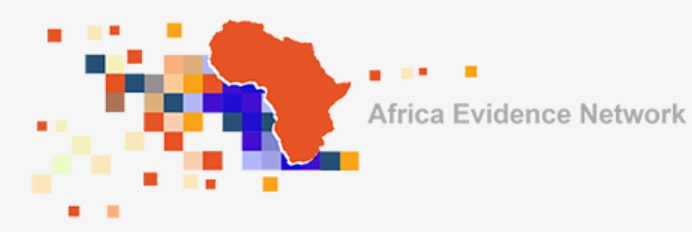
Have you ever wanted to complete a funding proposal that calls for collaboration between yourself and people from somewhere in the world where you have no contacts? The team at the Collaboration for Environmental Evidence Johannesburg (CEE Joburg) has. At best, not having pre-existing relationships to draw on for collaboration slows down the process of that collaboration. At worst, it prevents that collaboration from ever having taken place. Based on our experience of this frustration, CEE Joburg is creating a database of environmentalists in Africa with an interest in evidence synthesis.
The database is open access and intended to build a community of those interested in evidence use and production for environmental decision-making. Those interested in joining can sign up to the database to gain access to others in this field in Africa, and become accessible to them.
CEE Joburg envisages this database becoming a portal where connections can be made to collaborate on research projects, share news about developments in this field, for funders to gain a snapshot of work being done on evidence synthesis for environmental management in Africa.
The South Africa-based centre associated with the international Collaboration for Environmental Evidence (CEE), CEE Joburg hopes to facilitate easier access to partners in Africa. The CEE, whose aim it is to support the use of systematic reviews in environmental management, has centres across the globe.
Access to the database will be circulated at a preeminent evidence event happening in 2018: the Africa Evidence Network’s Evidence 2018 taking place in Pretoria in September. This event brings together the evidence-informed decision-making community in Africa, including members of the evidence synthesis community with environmental interests.
In addition to the establishment of this database, other work that CEE Joburg is undertaking this year includes the piloting of Responsive Evidence Synthesis Services (RESS) project for South African environmental decision-makers. Currently, the CEE Joburg team are in the process of investigating different models of rapid reviews around the world after having test-piloted our first response in March.
Our intentions with the scoping exercise is develop a clearer understanding of the factors driving a successful rapid response programme. This includes 1) methodological practices to streamline the rapid review process 2) platforms to intertwine researchers with policy-makers in the process 3) operational considerations for this program to be successful in South Africa. To our knowledge, this is the first rapid response programme to be developed for the environmental sector. We are excited to be drawing on experiences from successful rapid response programmes in the health sector to facilitate this process.
Having completed a rapid response for decision-maker colleagues in a provincial government department earlier this year, CEE Joburg is undertaking a project to develop a database of environmental evidence in South Africa. Taking a systematic map approach to the development of the database, the CEE Joburg team will co-produce the evidence map with decision-makers in South Africa’s Department for Environmental Affairs. The map
We invite all interested parties to sign up to the database via our website and join a community of researchers, practitioners and decision-makers with an interest in environmental evidence synthesis in Africa.